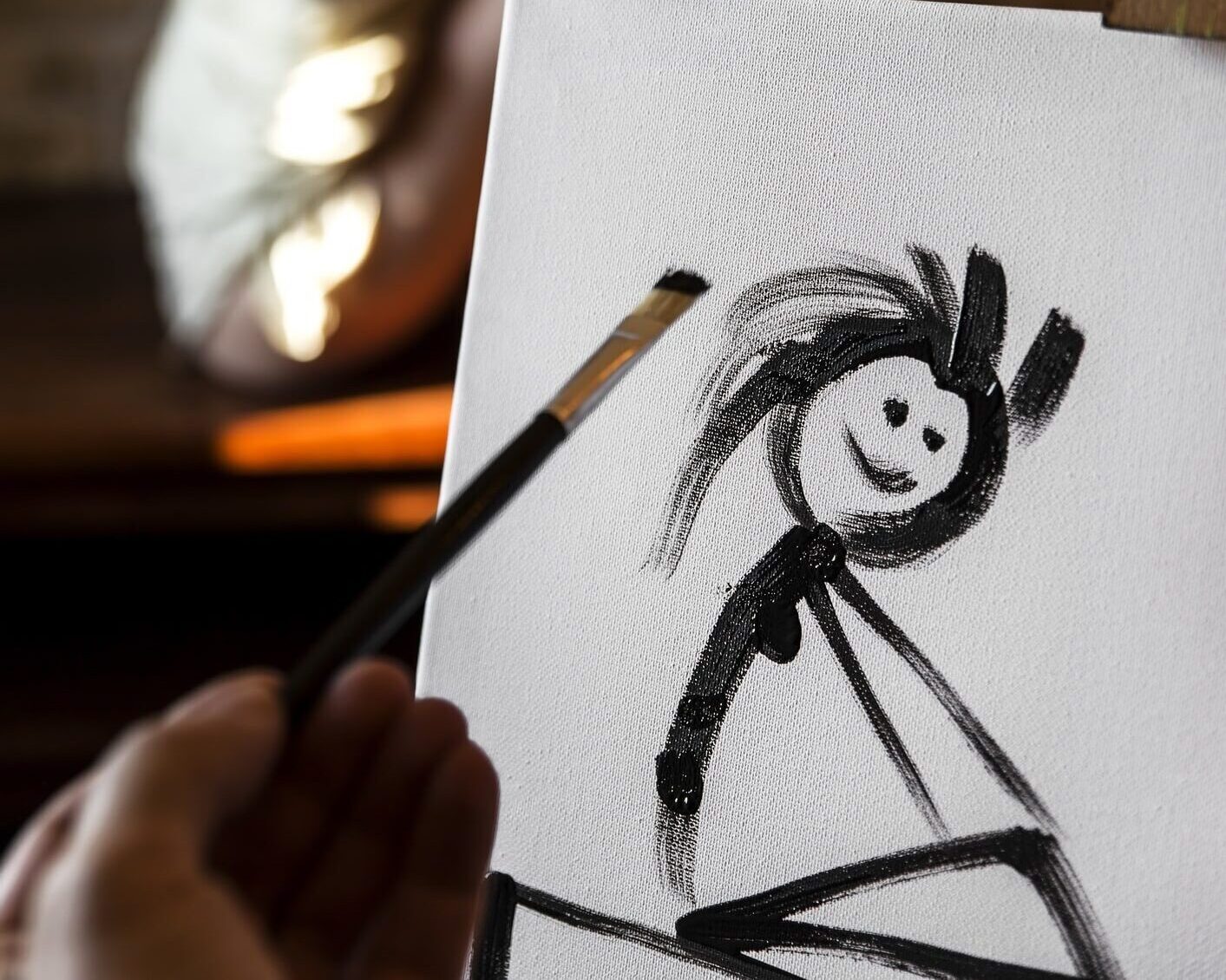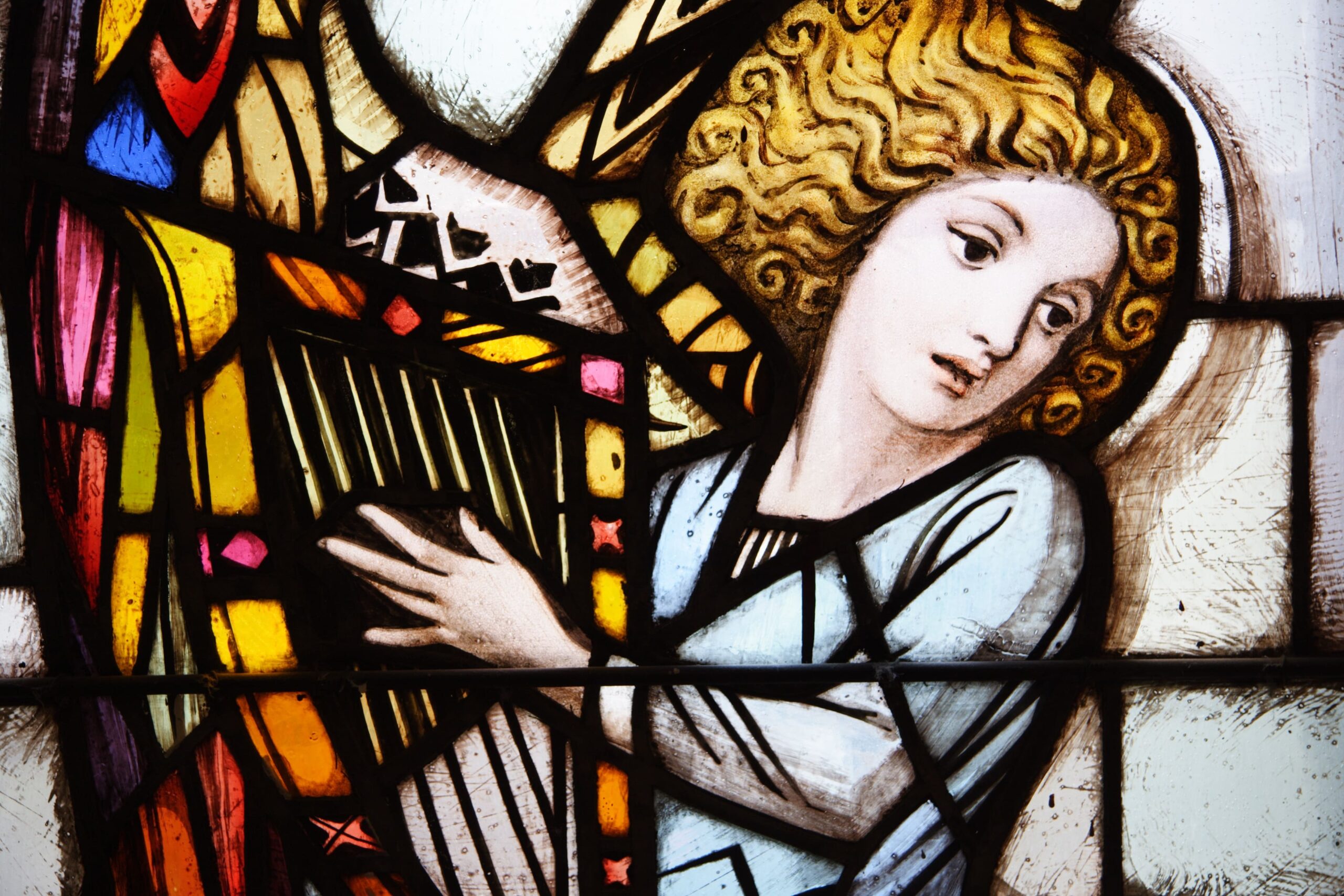Of mostly Spanish blood, but French, Cassou,
Though homme de lettres, living, writing well
—translations, essays, novels, poems too—
In ’40 started a Resistance cell
His friends and he called “Literary Club.”
His means were words—a newssheet, underground.
A state museum served them as a hub.
When the Gestapo threw its seine around
Them, he fled south, but later he was caught,
Tried, sentenced to a Vichy prison. Might
He have encountered worse? Of course. He thought
Of those in Drancy, and the “fog and night”
Of camps in Germany, just barely known.
He suffered, though; he could not write—no pen,
No paper, nothing—just cold walls of stone.
Yet language throve somehow—the oxygen
Of self. He mined it, underneath his breath,
Then did a second poem, remembering
His father’s brilliance and his early death,
Old songs his Spanish mother used to sing,
The lines of Valéry, Apollinaire,
And Hugo’s, protesting—an exercise
At night, in concentration, dark despair,
Yet charms. The sonnets formed before his eyes
And sounded inwardly; soon others, born
Of loneliness, love, loyalty to France,
Took shape. He finished thirty-three. To mourn
Is pointless now; the poet found his chance
And strung out verses, beads of hope before
The struggle ended—stelae, with the price
Of empire paid, like those of the Great War,
Enduring evidence of sacrifice.













